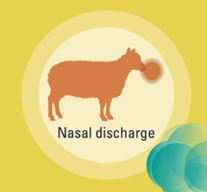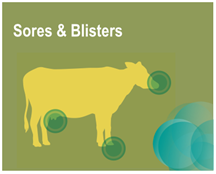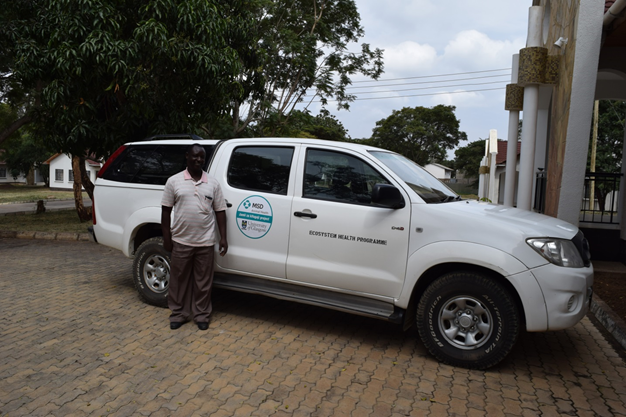Home \ Knowledge Hub \ Opinion \ Working on Campaign Tools and Community Engagement


01 Oct 2015
Working on Campaign Tools and Community Engagement
SHARE

ALASDAIR KING
Executive Director, International Veterinary Health
Campaign Tools
The summer period tends to be a quiet one for conferences, and becomes a good time for reflections on how we move forward with disease control. For us, it’s more than just providing a vaccine. We should be helping with campaigns, and using our marketing and communication skills to assist with education so that farmers and dog owners understand just why it’s important to control these diseases. That’s why we develop tools to go with our vaccines – such as infographics to be posted in villages, radio scripts for short audio slots, and newspaper articles.


These tools are designed for governments to use in parts of their campaigns to assist with local community engagement. It is clear from both FMD and rabies programmes that the farmer and dog owner need to understand why vaccination is important. Otherwise the project becomes unsustainable, as animals are hidden away from the vaccination teams. Then, when disease strikes again, it is blamed on the vaccine. Instead, by helping with communication, we can build the necessary trust for success.
Community Engagement
An important component of achieving good vaccine uptake is engaging the community in the process. In Tanzania, we are working in the Jamii za kifugaji project with the University of Glasgow Institute of Biodiversity, Animal Health and Comparative Medicine. By engaging with the local communities we ensure they get feedback from the research. This helps community members see the value of surveillance and, as it becomes useful for them, they are then encouraged to continue being involved. This moves away from the traditional hiding of information (on the part of the community), and instead leads to a sense of local ownership.
More information can be found at the University of Glasgow site

Intergovernmental Veterinary Health
The Intergovernmental Veterinary Health department of MSD Animal Health is focused on transboundary and emerging diseases, and finding ways to apply our knowledge and skills to improve the control of these diseases that impact trade and human health. Of course, what are emerging diseases for some countries may already be endemic diseases in others. None of us can afford to think that diseases are localized to specific parts of the globe. Shifting climate patterns and increased travel have allowed some of these diseases to increase their geographic range and impact. We are seeing the spread of African Swine Fever into Europe, PPR into Asia, and Bluetongue has been seen in more countries than ever. The current damage and the future threat are real, and we recognize the need to find workable solutions that are pragmatic and achievable. Our philosophy is that we need to work in a public-private partnership together as a community in order to eradicate these diseases. Our involvement in conferences as well as visiting countries to meet face to face with officials, vets, farmers and animal owners is just one part of making this a reality, engaging with needs in the field.
MSD Animal Health Student Award for Excellence in Tropical Animal Health Research
In September 2016, the Association of Institutions of Tropical Veterinary Medicine and the Society of Tropical Veterinary Medicine will hold a joint international conference in Berlin, titled “Joining Forces to Meet Future Global Challenges”. We are working with them to establish an award for excellence in tropical animal health research. The aim is to support a young scientist from a developing country to attend the conference and to present a paper on his or her research. The award will be merit-based and judged on the summary of a research project. For further details on the conference click here. And if you know anyone suitable for the award, please urge them to get in touch.
Contact Us
This is the third edition of our newsletter. We trust that you are finding it a useful tool and we welcome any feedback from you – what you like, what you don’t like, subjects you would like covered, and what we can do to improve further. Simply email us at ivh@merck.com.
ALASDAIR KING
Executive Director, International Veterinary Health

